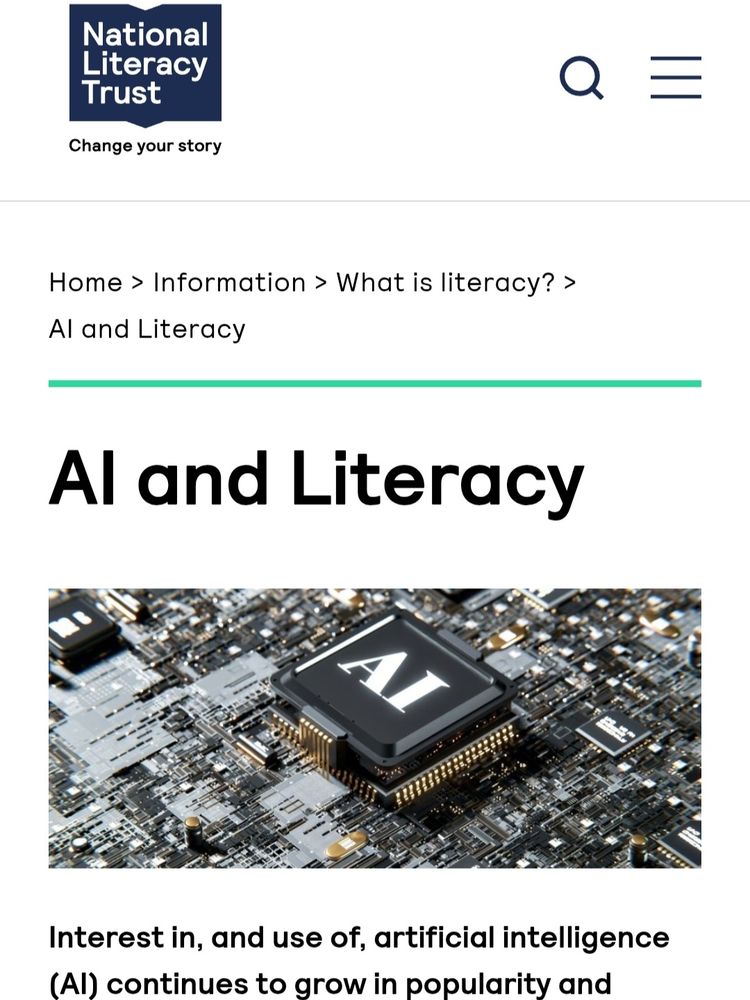Ozan Kuru
@ozankuru.bsky.social
270 followers
780 following
49 posts
Assistant Professor, National University of Singapore
Bio: https://discovery.nus.edu.sg/18898-ozan-kuru
Google Scholar: https://scholar.google.com/citations?user=T6KRMogAAAAJ&hl=en
ResearchGate: https://www.researchgate.net/profile/Ozan-Kuru
Posts
Media
Videos
Starter Packs
Pinned
Ozan Kuru
@ozankuru.bsky.social
· Jan 22

Are misinformation interventions different or fundamentally the same?
The growing field of misinformation research has spawned numerous conflicting interventions aimed at minimising its impact. Ozan Kuru argues that by taking a critical perspective on these intervent…
blogs.lse.ac.uk
Reposted by Ozan Kuru
Reposted by Ozan Kuru
Reposted by Ozan Kuru
Reposted by Ozan Kuru
Reposted by Ozan Kuru
Reposted by Ozan Kuru
Reposted by Ozan Kuru
Reposted by Ozan Kuru
Reposted by Ozan Kuru
Reposted by Ozan Kuru
Nicolas Mattis
@nickmattis.bsky.social
· Aug 26

Nudges for news recommenders: prominent article positioning increases selection, engagement, and recall of environmental news, but reducing complexity does not
Abstract. News aggregators inherently constitute choice architectures in which placement and presentation of news articles in the user interface affect how
doi.org
Reposted by Ozan Kuru



















